- Plan ItBack
- Design ItBack
- Build ItBack
- Homes
- ProductsBack
- CostsBack
- Self Build Cost Calculator
Estimate your project costs instantly with Build It's interactive self-build cost calculator
Calculate Now - Costs & Finance
- Contracts & Warranties
- Build It Estimating Service
Get an accurate, detailed cost breakdown of your project
Submit plans
- EventsBack
- My Account
Q&As
Insulating 1990’s house
We are planning a large wrap-around extension to our 1990’s (1994) cavity wall house, which will leave two walls and the roof untouched.
The extension will be ICF plus Thermoroof or other warm roof solution, so will be very well insulated and reasonably airtight. That leaves what to do to bring the remainder of the existing house up to scratch.
So my questions are:
To improve heat loss through cavity wall am I best to use external insulation boards or fill the cavity eg Icynene?
Should I continue the UFH from the extension through to the existing house without digging up the floor to add better insulation? Or just stick to radiators in the old part?
I’m hoping to convert the old roof (W trusses, loads of insulation on the lift floor at the moment) to a warm roof, but unsure about this part....I’m thinking in order of importance it is walls, then roof, then floor....is that right?
Thanks in advance!


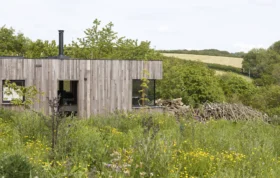
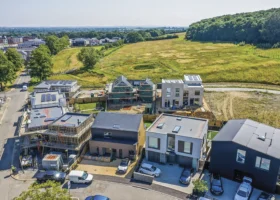

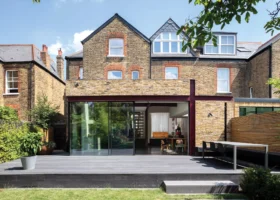



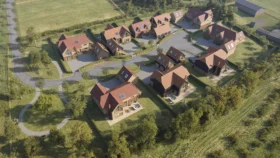
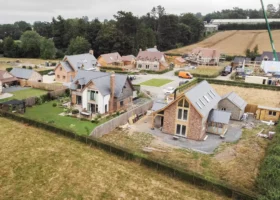

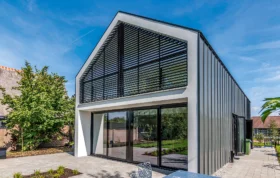

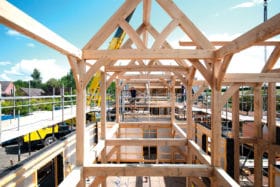
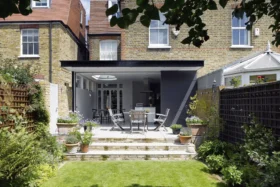
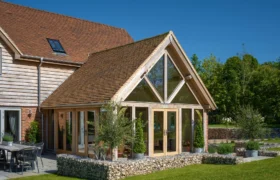


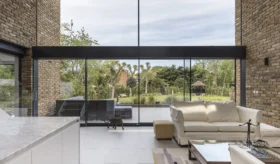
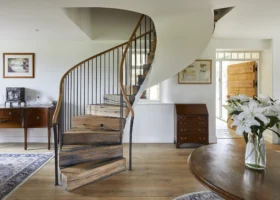
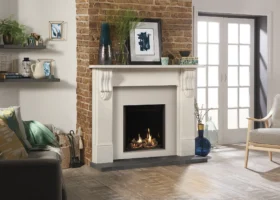

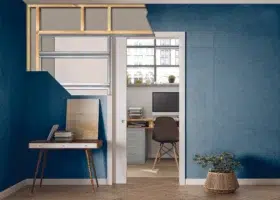









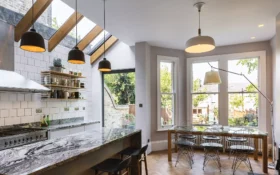
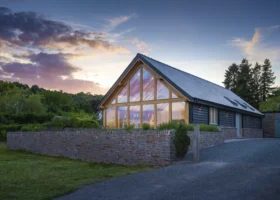
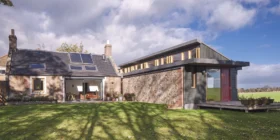
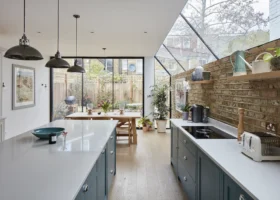




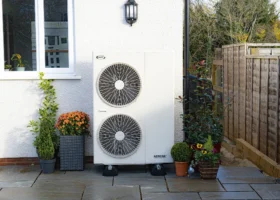
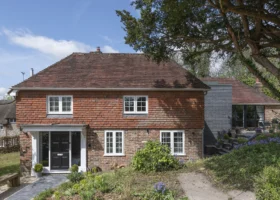

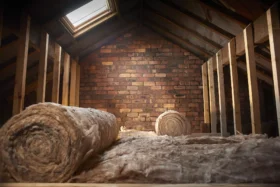

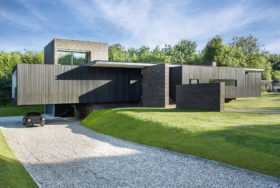
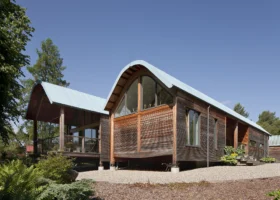

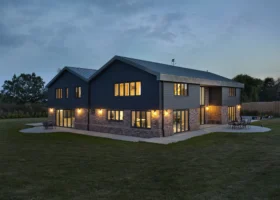
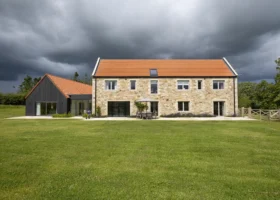
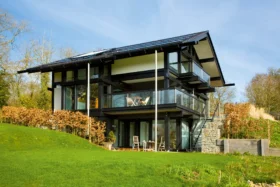



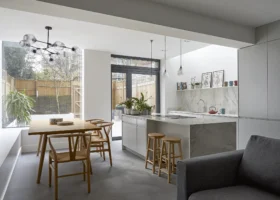

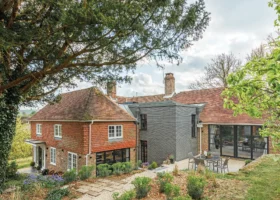

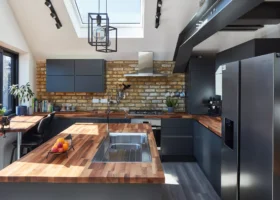
























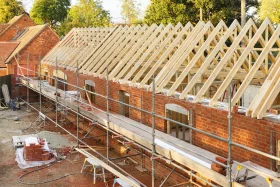










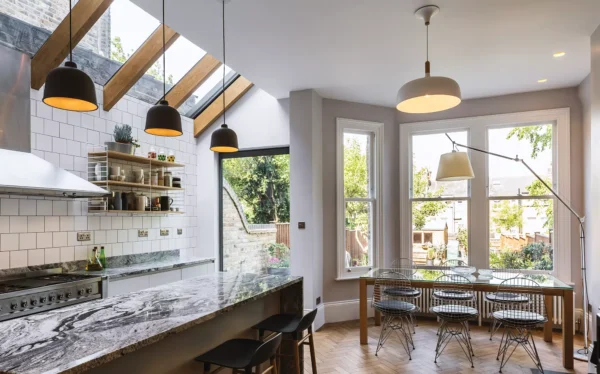
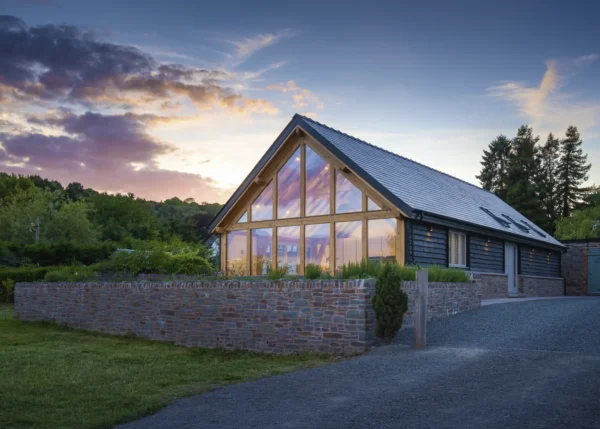





It will be hard to bring the performance of the older part of the property up to the standards of the new element but it is sensible to improve the existing structure where you can where it is cost-effective to do so. Adding insulation internally can have unintended consequences such as condensation issues if not done correctly and will also eat into living space, so I’d look at cavity wall insulation. Make sure you get quotes from installers who are members of the National Insulation Association (NIA), the cavity Insulation Guarantee Agency (CIGA) or the British Board of Agrement (BBA) to ensure the work is done correctly. Personally, I’d stick with the radiators already installed in the old part of the house if they are working well, but there are some excellent underfloor heating overlay systems available that mean you don’t have to dig up the floor. With the loft conversion, again, have the scheme designed by someone who understands the impact of converting a cold roof into a warm roof as proper ventilation is essential to avoid condensation issues.